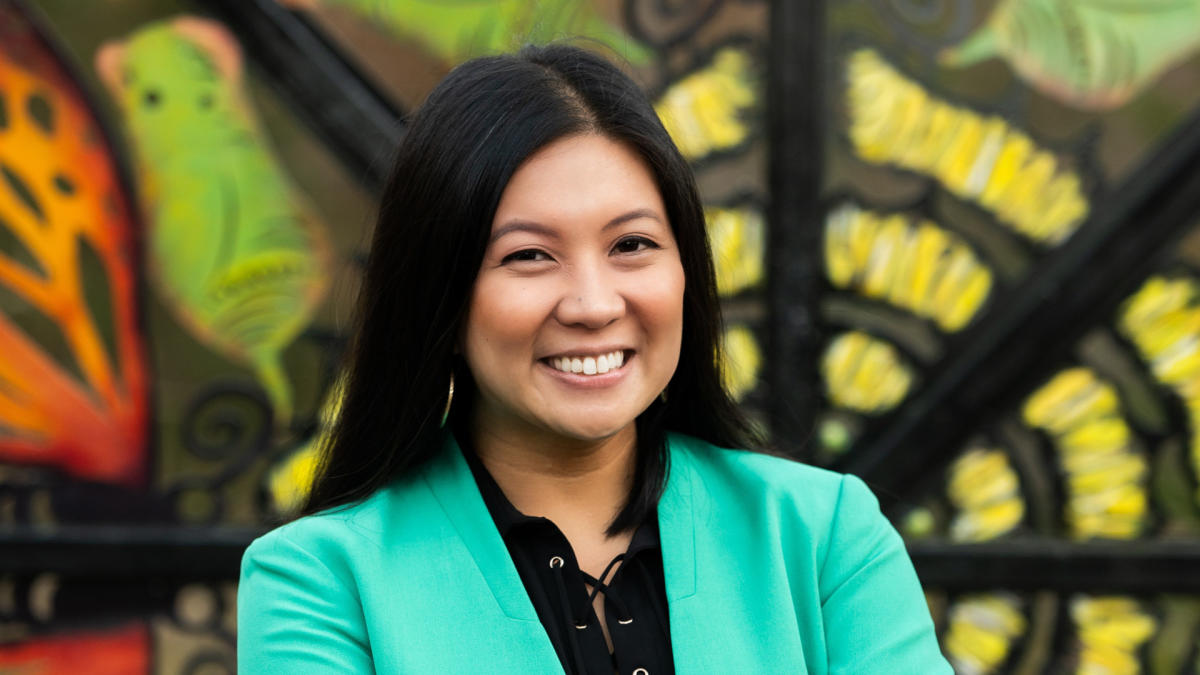Over one-third of Americans (34%) currently live paycheck to paycheck, a recent GOBankingRates survey found. And, according to the same survey, 18% of Americans have nothing saved, making it that much harder to escape the paycheck-to-paycheck cycle. Luckily, one self-made millionaire may have just the solution you’re looking for.
Learn More: Here’s How To Fix Your Budgeting Problems, According to Kumiko Love
For You: 9 Low-Effort Ways To Make Passive Income (You Can Start This Week)
“The fastest way out of the paycheck-to-paycheck trap is to create a cash flow cushion,” said Bernadette Joy, a financial coach and self-made millionaire. Here’s what that entails, why you need one and how to build it.
Joy recommends building a “cash flow cushion” by keeping at least one month’s worth of expenses in your regular checking account.
“This way, you’re never anxiously waiting for your next paycheck to cover rent or groceries,” she told GOBankingRates. “It gives you breathing room, prevents overdraft fees and allows you to make financial decisions from a place of confidence instead of desperation.”
Some financial experts recommend having three to six months’ worth of essential expenses covered in a separate emergency fund. However, Joy suggests that maintaining this smaller cash cushion could be enough for you to break free from living month to month. Once you build this momentum, you can then start focusing on other financial goals like paying off debt or increasing your income.
Read Next: Want an Emergency Fund? Here’s the Stress-Free Formula Experts Swear By
The first thing you need to do is calculate how much you need to save up to serve as your cash flow cushion. In her book, “Crush Your Money Goals,” Joy explains that this cushion should contain enough to cover your rent or mortgage, utilities, food, transportation and essential health expenses for one month. Once you know how much you need, take whatever steps are necessary to save that amount.
“This might involve reallocating some of your savings or adjusting your budget to prioritize building your cash flow cushion,” Joy wrote in her book.
Joy also said that it’s important to maintain this cushion once you’ve built it.
“Many checking accounts will allow you to set an alert when your balance reaches below a certain threshold,” she wrote. “If one month’s worth of expenses for you is $5,000, aim to always have at least $5,000 in your checking account and alert yourself it goes below that.”
Caitlyn Moorhead contributed to the reporting for this article.







